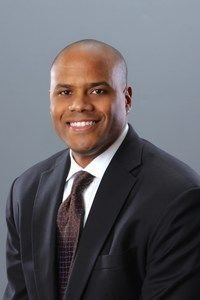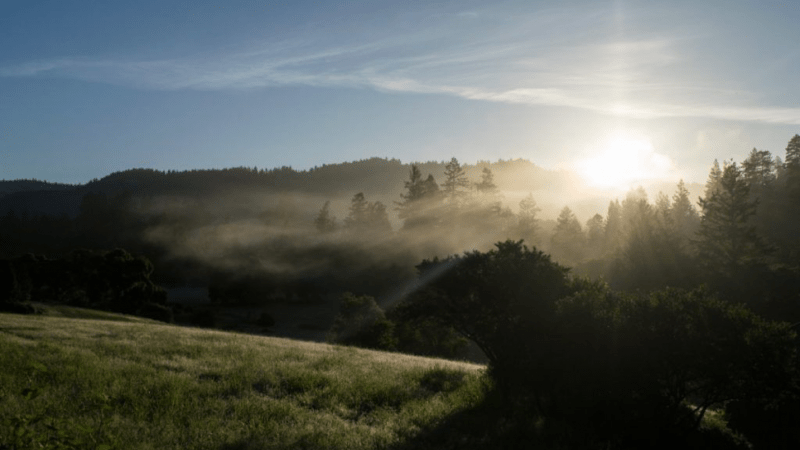Voices of Wellbeing | Mallika Dutt Voices of Wellbeing | Mallika Dutt
“Without the earth, we are nothing”
Mallika Dutt, founder, activist, social change leader and speaker at The Wellbeing Summit for Social Change, joins us to share how her process of healing in community, as well as being open to exploring many other healing modalities, led her to understand the importance of inner work.
Listen to Mallika’s story to find out why her work is now centered around inspiring leaders to remember their innate interconnectedness and transform their impact. In a world of division and isolation, she invites us to see our shared wellbeing with people and planet.
How can we embrace collaboration and cultivate a world where we can flourish and thrive together?









































